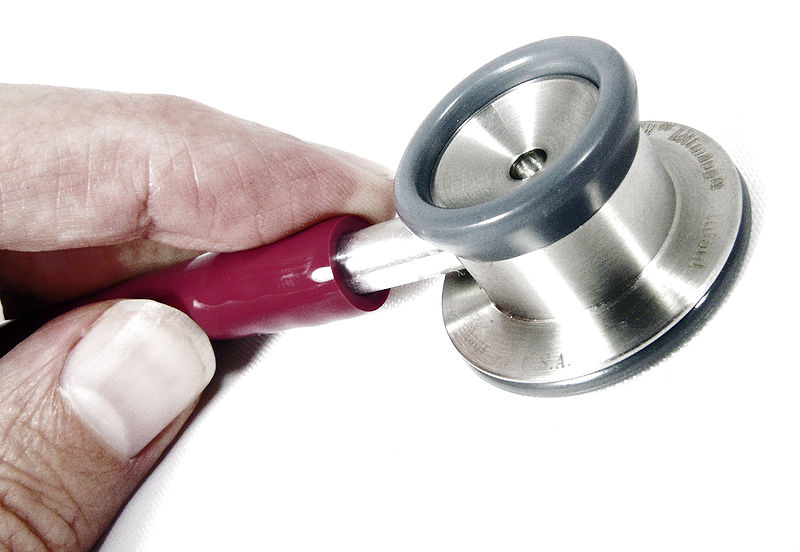Hospice care is provided to persons suffering from terminal diseases. It could be the last stages of cancer, kidney disease or other fatal illness. Such patients require constant care administered by medical professionals. This could be the cause of great financial burden for most families. Medicare Part A services include hospice care to provide relief to the patients and their family members. Inpatient and at-home hospice care is provided by the Medicare-approved hospice.
Hospice care requires the individual to possess certain qualifying criteria. Medicare Part A eligibility is a must for the seniors who require hospice care. Certification from a physician stating that the individual is terminally ill and has a life expectancy of six months or less is also needed to avail this service. The patient must sign an acknowledgment stating that what he/she wants is hospice care and not the regular Medicare services; they will not be getting any treatment coverage in such cases; for example, a cancer patient cannot get chemotherapy and hospice care covered simultaneously. Medicare Part A hospice care covers equipment and supplies required for hospice care, doctor and nurses, hospice professionals in hospitals and in home, physical and occupational therapies, speech-language pathology, medical social services, counseling services, pain and symptom management outpatient drugs, inpatient care, and other services approved by Medicare. There is also the acute short-term and respite care, and homemaker and home health aide services.
You can discontinue hospice care and go back to the standard Medicare services at any time. If you want to return to hospice care after a while, you will need re-certification from the doctor. However, if you have Medicare Part B, you can use it along with hospice care to get other services. If the patient has another health insurance program that provides hospice care, Medicare hospice program will not work. Similarly, Medicare will not pay for care given to anything other than pain and symptom management. Some of the out-of-pocket expenses include co-payment for biologicals and drugs and inpatient respite care.
Medicare hospice care is not curative care; it is more of a palliative service intended to enhance the quality of life of the terminally ill patients. This service is provided in four levels: general inpatient care, respite care, continuous home care, and routine home care. Routine home care is the most sought after service as most individuals needing hospice care wish to be at home in the last days of their life and receive proper attention and care in taking medicines and performing the daily activities.

